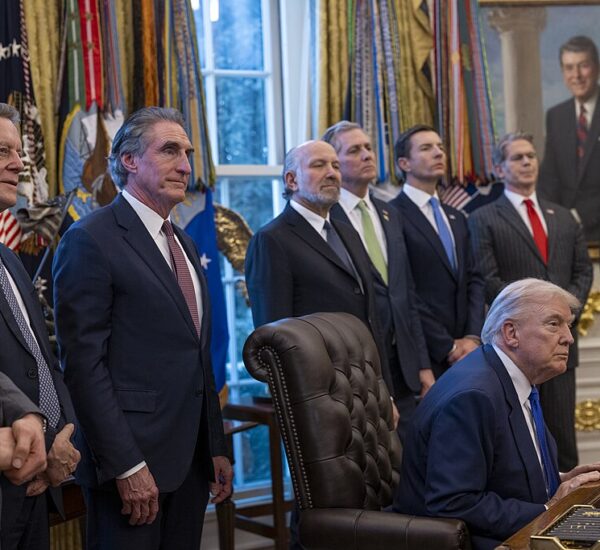CBC Calls Trump’s Latest Move Outrageous
The Congressional Black Caucus (CBC) is ordering President Trump to reinstate the 1890 Scholarship Program, a vital initiative that has supported students from neglected communities who are looking to acquire diplomas in agriculture and related fields at Historically Black Colleges and Universities (HBCUs). The U.S. Department of Agriculture (USDA) recently suspended the program indefinitely, citing it as “pending further review.”
The 1890 Scholarship Program, which has been around since 1992, has provided full tuition, room, and board for students in the fields of agriculture, food, and natural resource sciences. It plays a crucial role in helping to diversify the agricultural sector and increase opportunities for Black students. In 2024 alone, the program allocated over $19 million to 94 students at 19 participating HBCUs.
Rep. Yvette Clarke (D-N.Y.), chair of the CBC, expressed outrage over the suspension, calling it an unnecessary disruption that undermines efforts to ensure higher education is accessible for all Americans, particularly for Black students. She pointed out that the Trump administration had consistently promised to lower costs and increase economic opportunities for working-class families, but this move represents a step backward.
This suspension comes amid a broader trend of the Trump administration rolling back federal diversity, equity, and inclusion programs. The USDA, however, clarified that students already enrolled in the program would be able to complete their studies. The Department emphasized that it is working to optimize operations and better serve the agricultural community, but the pause on new applicants has raised concerns about the long-term impacts on minority students pursuing careers in agriculture.
The CBC argues that this program is not just a scholarship, but a necessary step toward rectifying decades of racial discrimination within the agricultural system. They urge President Trump to reinstate it before the application deadline on March 1, ensuring that the next generation of talented students can continue to pursue their dreams without unnecessary barriers. This is an issue that transcends party lines, with many recognizing the importance of access to education for all Americans, especially those in underserved communities.






